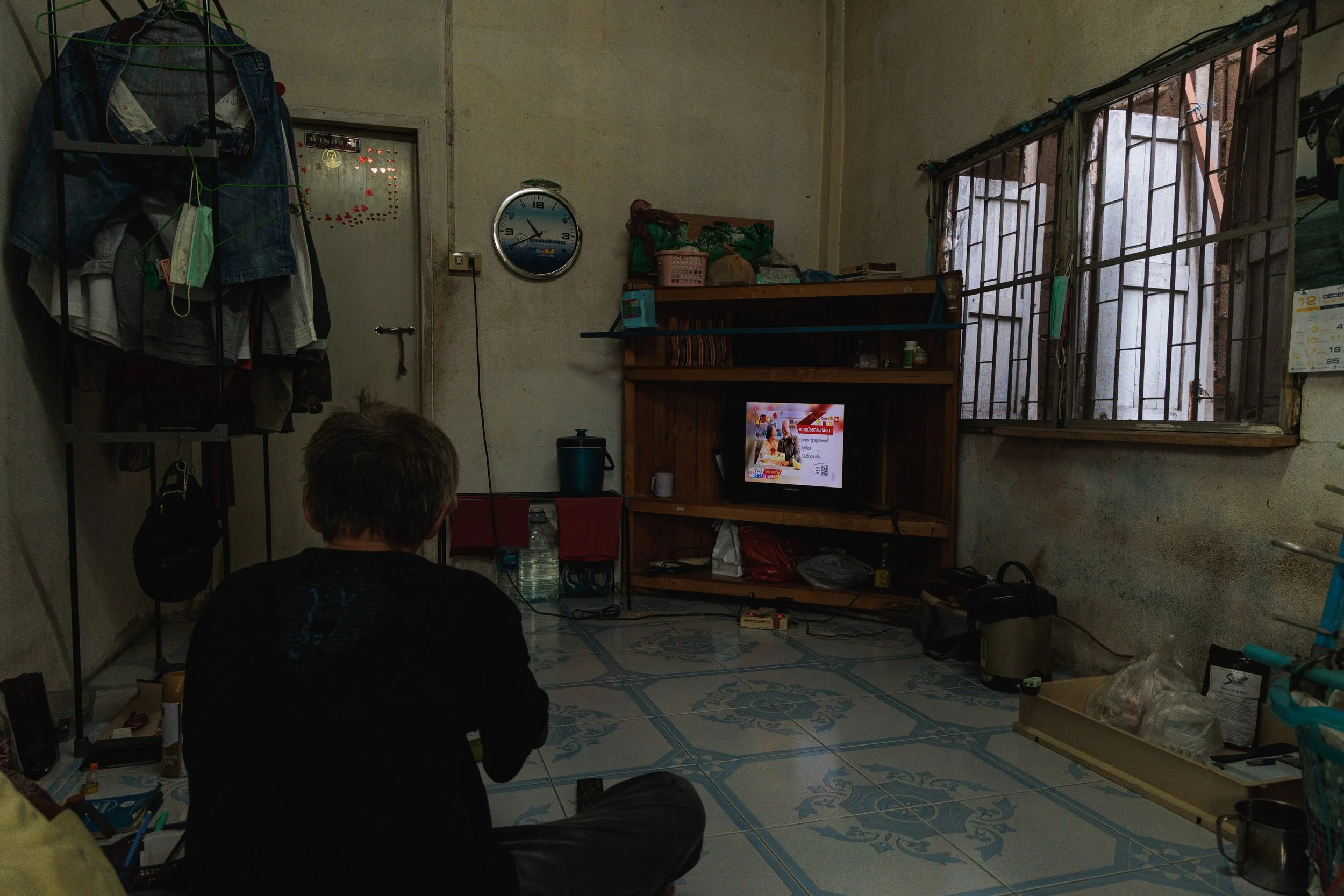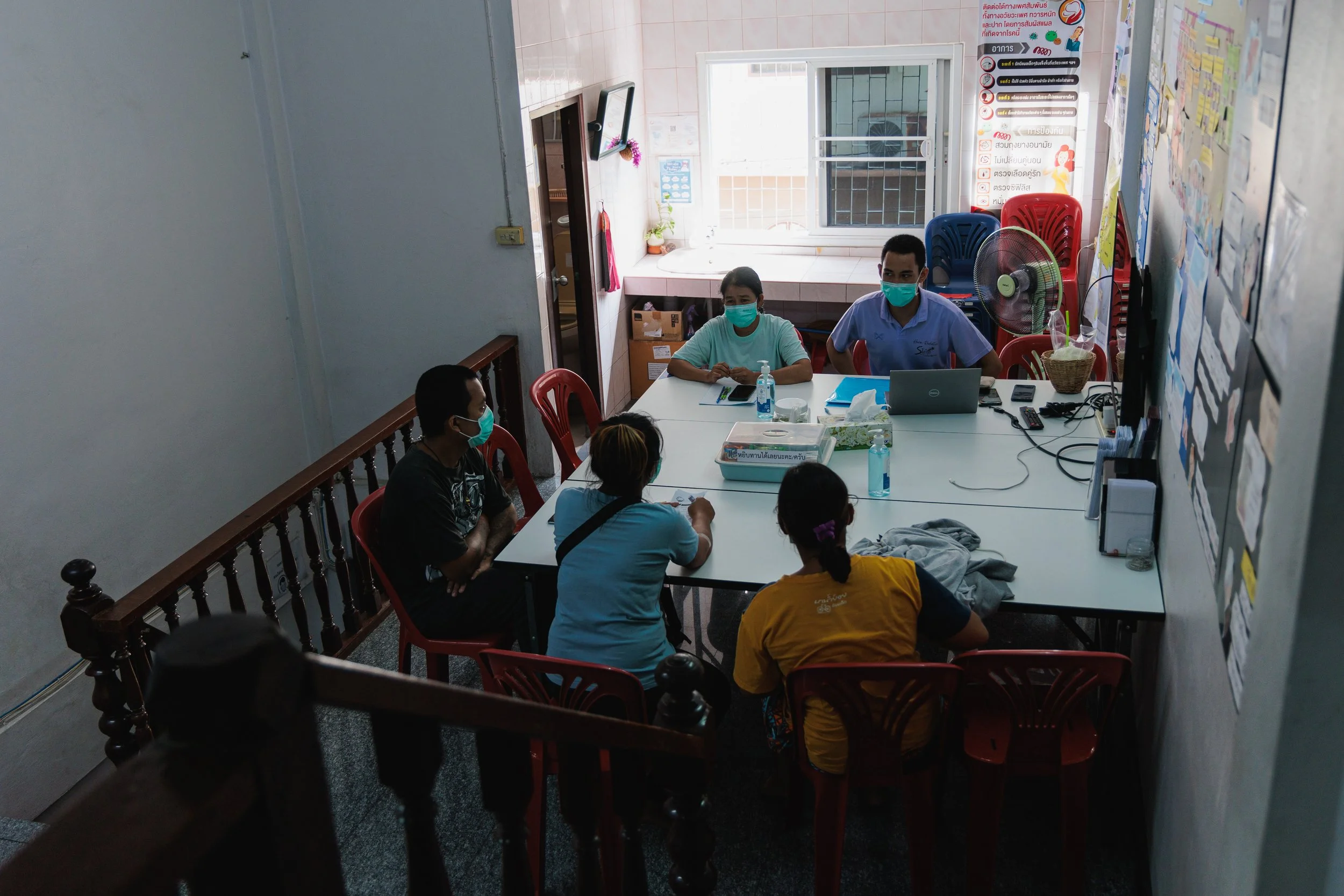Harm Reduction on drugs in Thailand

Since 2021, Thailand has passed the Narcotics Bill which is the beginning of “Harm Reduction” strategies in Thai Law. This bill permits medical research on narcotics such as methamphetamine and heroin, focused on the cracked down only on drugs cartel, and creating of a system for managing drug users in the patient's state through rehabilitation therapy. The main theme of this law is the acceptance of the notion that "drug addicts are patients, not prisoners" by the Thai legal system.
About sixty years old, Suphan (alias) has been a chronic drug user for over thirty years. He has visited the treatment facility more than ten times due to his inability to obtain heroin while he was there. However, once he left, his thoughts turned to heroin again.
Supoj Tangserisap, Director of APASS (Associate To Promote Access To Health And Social Support), a civil society organization which works on the health and mental health of drug addicts, explained that the best way to bring back drugs addicts to the society is providing psychological support and helping the patient develop the necessary willpower to break out from the drug cycle.
"We aim for adjusting the patient's attitude to see their own self-worth and adjusting the mental immunity that will lead to quitting drugs"
APASS informs patients about using less harmful method, in case they are still unable to motivate themselves to stop using drugs. APASS also offering tools that lessen harm, such sterile syringes and spreading awareness of the need to never share syringe needles.
APASS and the government also encourage drug addicts to switch from heroin to using substitute drugs like methadone instead.
On the other hands, Banjong Sae-Ung, Leader of the Nong Khaem Garbage slum has been working for more than 20 years to help teenagers in this slum quitting drugs. Nong Khaem Garbage Slum includes 176 total dwellings in the small area, and it is the home of about 600 people. It is well known that there are a lot of drug users in this slum.
Banjong encourages drug treatment for some members of the community. This is particularly true when prescription alternative medications like methadone are used. Additionally, Banjong arranges for cars to transport these individuals to the Public Health Service Centre so they can pick up medication. In certain situations, Banjong even arranges for the community's drug patients to obtain medical cannabinoid oil for their usage to ease the agony associated with quitting heroin.
Nowadays, there are still drug addicts who use heroin on a daily basis in this slum. However, they tried to break free from the drug cycle. There are those who labor in the community's garbage workshop, sorting and classifying waste. Many people are progressively leading drug-free lives because of Banjong’s support and encouragement.
However, Harm Reduction must be used in conjunction with other protocols. For instance, aggressively combat drug traffickers, treat drug addicts psychologically, and raise their self-esteem to help them stop using drugs.














